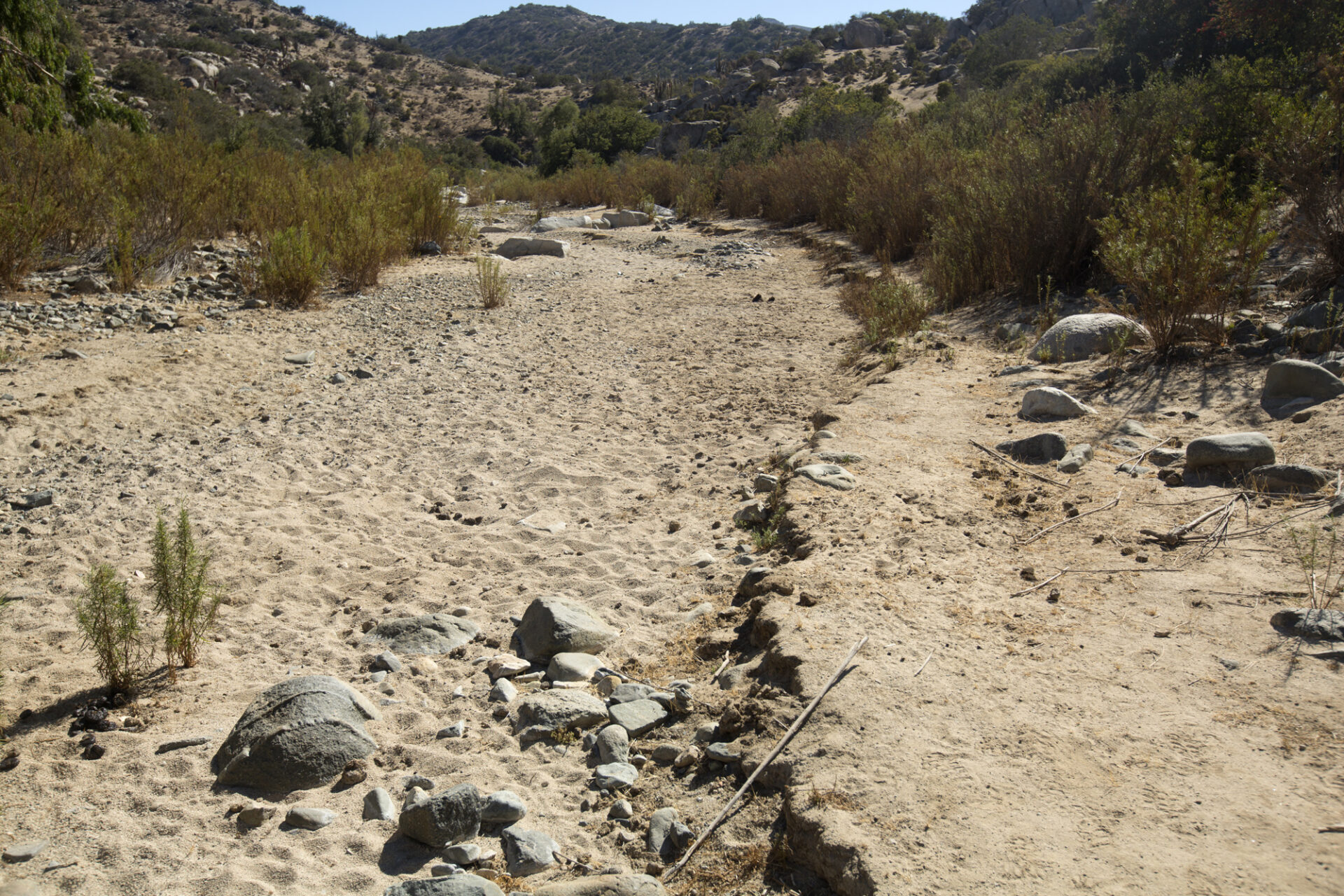
Strengthening drought resilience is effective climate adaptation
/
Desertification and drought are some of the most pressing environmental challenges of our time. As climate change makes extreme climatic events more frequent and intense, strengthening resilience to desertification and drought is even more urgent (IPCC, 2023).
Today, the human toll of land degradation and drought is staggering, with 1.84 billion people considered drought stricken and 1.2 billion people exposed to land degradation (UNCCD, 2024). The effects of drought are not experienced equally across the globe: the world’s poorest and most vulnerable bear its burden disproportionately, as around 85% of people affected by droughts live in low- and middle-income countries (World Bank, 2023). In December 2024, the world will come together at the Conference of the Parties to the United Nations Convention to Combat Desertification (COP16) in Riyadh to advance global collaboration to address these critical challenges.
June 17 is World Day to Combat Desertification and Drought – an opportunity to recognize the devastating impacts of desertification and drought and to highlight potential solutions. Across the portfolio of projects supported under the CLimate Adaptation REsilience (CLARE) framework research programme, work is underway to enhance drought resilience, particularly amongst the world’s most vulnerable.
Several CLARE projects focus primarily on enabling socially inclusive and sustainable action to address the risks of droughts:
- To help save lives and livelihoods from the effects of droughts, PASSAGE aims to enhance early warning systems and anticipatory action to address drought risk in pastoralist livelihood systems across the Greater Horn of Africa.
- As increasingly frequent droughts adversely impact livelihoods in semi-arid lands, BIMA is working to strengthen climate resilience among agro-pastoral communities in Kenya by offering financial protection through livestock insurance that is more effective and gender-responsive.
- GRIN is helping to strengthen resilience to drought by working with several communities in the savannah region in Nigeria and Ghana to understand household exposure to, and attitude towards, the climate risks of drought and crop failure, as well as farm level decision making and the potential for crop insurance.
Other CLARE projects seek to strengthen drought resilience as part of broader work to build resilience to climate change and natural hazards:
- PALM-TREES works across six African countries to enable marginalized communities to better respond to extreme climatic events, including droughts, floods and heat waves, as well as to their socio-economic impacts.
- BASIN aims to promote water security for vulnerable communities in African countries, including strengthening resilience to drought, by examining adaptation behaviours and practices to identify insights and practical actions that address intersectional concerns and can be implemented on scale.
- In the Sahel and the drylands of central Tanzania, CLARITY addresses rural and urban water resilience to drought and other challenges by convening transformational labs, where people co-develop sustainable, equitable pathways.
The global challenge of drought clearly illustrates why effective climate action must be socially inclusive and gender responsive. In addition to most greatly affecting the world’s poorest, drought disproportionately harms women and children (DGAP, 2022).
CLARE projects are demonstrating how climate research can address inequalities and meet the needs of the most vulnerable through transformative approaches, intersectional perspectives and co-creation. Take BASIN, for example, which is showing that an equity perspective is essential for increasing water security in Africa. Meanwhile, BIMA is working with communities to make Index Based Livestock Insurance products more effective and gender-responsive in areas prone to drought.
World Day to Combat Desertification and Drought invites us to imagine a future that is drought-resilient and climate-resilient – a future that must meet the needs of the world’s most vulnerable people.
Published
CLARE Projects
CLARE Partners

